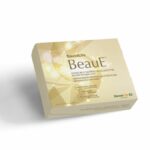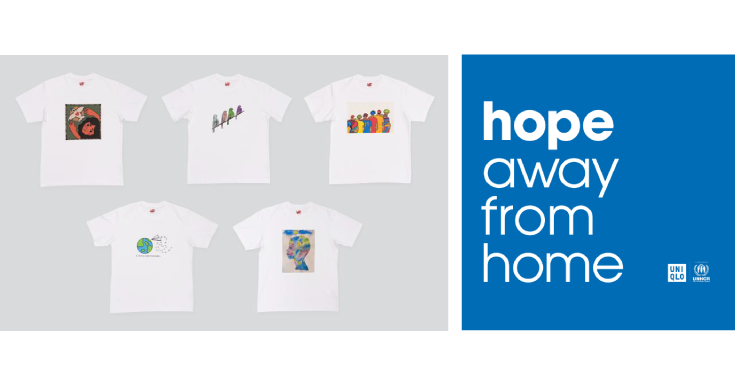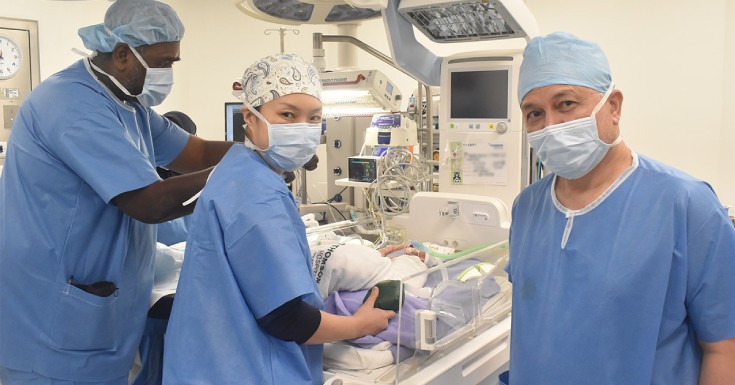Postnatal Care & Supplements
Most of the time, attention to pregnancy care is focused on the nine months of pregnancy. Postnatal care is important as well! The postnatal period lasts six to eight weeks, beginning right after the baby is born. During this time, a mum goes through many physical and emotional changes while having to care for her newborn. Postnatal care involves rest, vaginal care and proper nutrition.
Table of Contents
Rest – A crucial component of postnatal care
Rest is needed by new mums to rebuild their strength. To avoid getting too tired as a new mother, you may need to:
- Sleep when your baby sleeps
- Sleep near your baby to make night feedings easier
- Allow someone else to feed the baby with a bottle while you sleep
Vaginal Care
New mothers should make vaginal care an essential part of their postnatal care. After childbirth, you are bound to experience the following vaginal issues:
- Soreness
- Urination problems
- Discharge and small blood clots
Schedule a checkup with your doctor about six weeks after delivery to discuss symptoms and receive proper treatment. You might have to abstain from sexual intercourse for four to six weeks after delivery so that your vagina has proper time to heal.
Use a sitz bath to sooth and help heal your vagina. A sitz bath is a warm water bath which covers only your hips and buttocks and may be used with special healing herbs available at medicine shops. The baths are often recommended to relieve pain and speed healing after an episiotomy.
Nutrition – Eat Right
Because of the changes your body goes through during pregnancy and labor, getting proper nutrition in the postnatal period is crucial. The weight that you gained during pregnancy helps make sure you have enough nutrition for breastfeeding. However, you need to continue to eat a healthy diet after delivery.
Experts recommend that breastfeeding mothers eat when they feel hungry. Make a special effort to eat when you are hungry, no matter how busy or tired you are.
Try to:
- avoid high-fat snacks
- focus on eating low-fat foods that balance protein, carbohydrates, and fruits and vegetables
- drink plenty of fluids
The Importance of Supplements
While there are various brands of prenatal vitamins in the market, not many are marketed specifically to new mothers. Still, supplements can help you recover from the physical and physiological effects of pregnancy and can even benefit the health of your newborn if you are breast-feeding.
Omega-3 Fatty Acids
Studies have revealed that there is a link between omega-3 fatty acid deficiency and postpartum depression. Docosahexaenoic acid, or DHA, is one of the most beneficial omega-3 acids. DHA helps make breast milk and supports the development of the newborn’s brain, eyes and central nervous system. It is passed on to your baby through your breast milk.
Calcium
Women actually lose bone density in the early stages of nursing. Nursing mothers need 1,000 milligrams of calcium per day to support their bone health as well as their baby’s growth. Dairy products, raw vegetables, almonds and hazelnuts contain high doses of calcium, but if you cannot get your daily requirement through food, you will have to supplement with calcium-enriched foods such as orange juice or through supplements.
Vitamin A
Vitamin A helps to maintain healthy skin, teeth and soft tissue and promotes good vision. The need for vitamin A rises in new mothers to 1,300 micrograms per day. Women who are breastfeeding see an even bigger deficiency in this vitamin as it passes through their breast milk. You should be able to get most of that daily requirement from eating carrots, vegetables, fish and meat, but if you find that you are still deficient, you should supplement with vitamin A tablets.
Vitamin B9 (Folic Acid)
Vitamin B-9 or folic acid is one nutrient that is typically lacking in women’s diets. During pregnancy, women supplement with folic acid to aid in the development of the baby’s nervous system, but nursing mothers can also continue to pass on this important vitamin to their newborns. Folic acid has also been shown to lower the symptoms of postpartum depression.
Zinc Supplements
Zinc is an essential trace mineral that supports the immune system and helps protect the body from damage caused by free radicals. Pregnancy affects how your body absorbs zinc, so new mothers can often lack zinc. Studies have found that new mothers who supplemented with zinc had improved energy levels while their babies had less incidence and severity of infant colic.





















Leave a comment